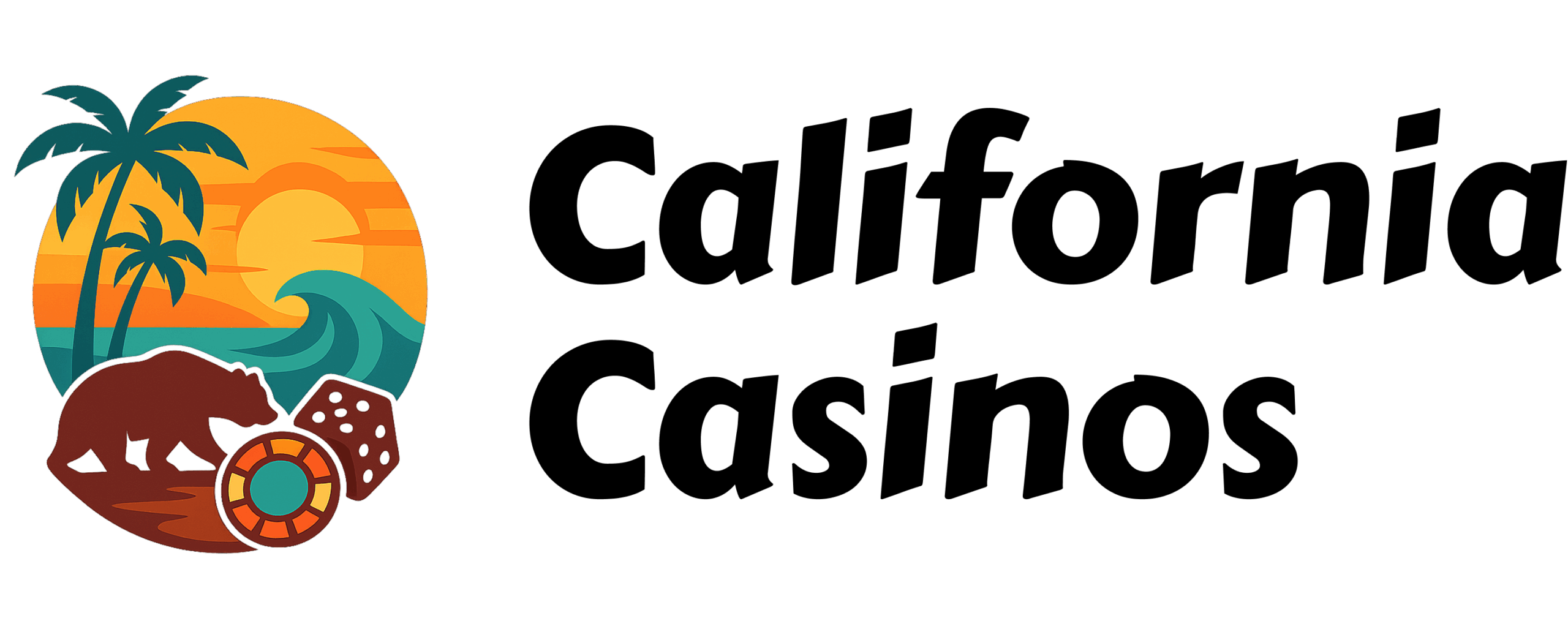In the real world, candidates come to people and ask for a donation. In the world of extortionist unions, the unions force you to pay a bribe in order to work, than use part of the money (without permission) to donate to candidates that steal your paycheck, your health care and make a mockery of the Constitution.
Sadly, to stop this theft, the worker has to sue, go to court and beg a Judge to be allowed to keep his money and NOT donate to a Leftist Democrat. This is wrong—then again, unions that operate by extortion and blackmail do so with the protection of government. Sick
“”We are nothing more than the cash cow,” said Ken Hamidi, an employee of the California Franchise Tax Board and one of 18 state workers named in a federal class action lawsuit filed in Sacramento against Service Employees International Union (SEIU) Local 1000 and state Controller John Chiang.
The crux of the case, from the plaintiff’s viewpoint, is fairly straightforward: why should state workers be forced to ‘opt out’ of a paycheck deduction that goes to fund SEIU’s political operations? Why shouldn’t it instead, they say, be an ‘opt in’ system for those who want to participate?”

Lawsuit challenges SEIU opt-out rules for state workers
John Myers, KXTV, 2/5/14
If a group of California state workers prevails in federal court, the union that represents them at the bargaining table will no longer be able to automatically collect dues for political activity.
“We are nothing more than the cash cow,” said Ken Hamidi, an employee of the California Franchise Tax Board and one of 18 state workers named in a federal class action lawsuit filed in Sacramento against Service Employees International Union (SEIU) Local 1000 and state Controller John Chiang.
The crux of the case, from the plaintiff’s viewpoint, is fairly straightforward: why should state workers be forced to ‘opt out’ of a paycheck deduction that goes to fund SEIU’s political operations? Why shouldn’t it instead, they say, be an ‘opt in’ system for those who want to participate?
“Only charge me with whatever expenditure has to do with collective bargaining,” said Hamidi. ” Whatever is beyond that, which is going to be political activity and all of the things that they do, special interests, whatever it is, has nothing to do with me.”
The lawsuit, filed late Friday afternoon, becomes the second high-profile effort against a major California public employee union to force a revision of the ‘opt out’ system for union political activity. In April 2013, a group of teachers filed a similar federal lawsuit against the California Teachers Association. That lawsuit now sits in the U.S. Ninth Circuit Court of Appeals, where the teachers who filed it may hope to ultimately buck the case up to the U.S. Supreme Court.
And with good reason.
Both groups of public employees may have an eye toward the case SEIU Local 1000 lost in front of the nation’s highest court on June 21, 2012. In Knox v. SEIU Local 1000, a 7-2 Court majority found that the union was wrong to impose a special assessment on its members without first getting their consent. That fee, an extra 25 percent assessment, was imposed in 2005 as part of the union’s effort to beat back five ballot initiatives promoted by former Gov. Arnold Schwarzenegger.
“To respect the limits of the First Amendment,” wrote Justice Samuel Alito for the majority, “the union should have sent out a new notice allowing nonmembers to opt in to the special fee rather than requiring them to opt out.”
Which raises the question: if an ‘opt in’ policy is required for special fees, why not for all fees that will go to fund political activity?
SEIU Local 1000 represents nine bargaining units of California employees in labor negotiations with the state, but not all of those employees are actual union members. Data from the state controller’s office shows that as of December, there were 81,909 state employees whose contracts are under the SEIU bargaining deals; of those employees, 50,945 are full union members.
The remaining workers operate under what’s known as ‘fair share’ rules, meaning they’ve asked to only pay a minimum fee to SEIU and not to contribute to the union’s political activity.
Plaintiff Ken Hamidi, a longtime SEIU Local 1000 critic, argues the union doesn’t focus enough effort on the actual needs of state workers.
“This is a self serving and political business entity,” he said.
But union leaders claim that Hamidi, who demanded an SEIU audit in 2011 and lost a 2004 election to be the SEIU union’s president, has a personal grudge against the group.
“This really isn’t about how Local 1000 or any other union collects their dues,” said Yvonne Walker, SEIU Local 1000 president.
Walker argues the plaintiff workers’ choice of legal representation is telling: the National Right to Work Legal Foundation, a Virginia-based group whose website says its mission is “to eliminate coercive union power and compulsory unionism abuses.”
The notion of requiring labor unions to get permission for spending money on political dues was also at the heart of Proposition 32, a ballot initiative rejected by California voters in November 2012.
State campaign finance records show the union’s political action committee spent almost $5.1 million in the 2012 election cycle — almost exclusively on Democratic candidates and campaigns, including Gov. Jerry Brown’s Proposition 30 temporary tax increase.
SEIU’s Walker argues the process for opting out of fees for political spending is not onerous, and that the union’s rank-and-file state employee members both know what they’re funding — and support it.
“Our aim is not just about the employees we represent, but to make sure we have a California all of us are proud of,” she said. “Our members don’t just exist at work.”
Read the lawsuit below







